Half a Century at Blake
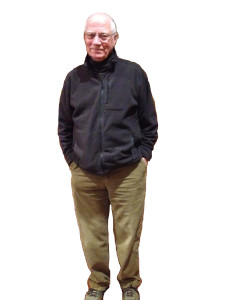
“In 2001 I retired after teaching at Blake for forty years, and realized, right away, that I didn’t want to be away from schools.” Few individuals could make such a statement, and yet we are fortunate enough to have in our midst Rod Anderson, who has taught at Blake since August of 1962. He has witnessed nearly half of our school’s one hundred year history and, in that time, become a fixture in the lives of Blake students and teachers. His briefcase can be spotted, like clockwork, on one of the benches in the senior lounge. His granddaughter Sophie’s photograph has served to remind more than one student that, whatever the severity of your current trouble, it cannot be worse than realizing in the midst of a birthday party that it was not thrown in your honor.
In all seriousness, though, Mr. Anderson has spent half a century here and, “For most of that time I coached boy’s hockey. I was very much involved in athletics…was engaged in Blake in avery intense and all consuming way.” In 2001, Mr. Anderson was inducted into the Minnesota Hockey Coaches Association Hall of Fame. In high school, he played hockey on the same line as legendary Olympic hockey coach Herb Brooks.
Mr. Anderson taught at Blake for twelve years before witnessing the merger with Northrop, and was an English teacher for five years before choosing to return to history, which was his major at Dartmouth College. “When we merged, the possibility of doing electives arose and…I introduced two or three electives,” he recalls, one of which was called American Landscapes. He adds, “For about 35 years I taught a course called Constitutional Studies which was really started by some friends of mine, John Crosby and David Grant, one that is still being taught and that makes me feel good, that it’s still being offered.” He emphasizes the importance of involvement, by saying, “The important part of it was outreach, there was a lot of involvement in the community, going to the courthouse, to the University law school…bringing people from the outside in…it was also very practical.”
The merger altered the culture of both Blake and Northrop, two very different institutions. Blake, in his opinion, “had more of an eastern feel…a country day school,” whereas Northrop, “Was more progressive in some ways, progressive in the sense of John Dewey and that sort of thing…the culture that emerged was more Northrop than Blake.” In that way, he believes, “the merger was hardest on the alumni and alumnae of both schools…the culture of the school has changed, and I think that Blake really saw the school as a sanctuary from the world…I think that the culture of Blake currently is for engagement.”
When asked about teaching history over such a remarkable span of time, he notes that current events seemed to affect his students more immediately in the past; “What was going on in the world had a greater impact on the students I was teaching…Vietnam was real because they could be drafted. The kids I had in class, 17 and 18, could be in Vietnam two years later…history was present. I think that’s less so now, or it is present, but there’s less awareness of it.” He adds, “The most remarkable thing to me is that much of the history that we ask kids to read was written by people who weren’t around, who don’t have memories, and sometimes they get it wrong. And basically all history is like that. People are writing about something they weren’t around for and they’re trying to figure out what happened. It’s made me more cautious in terms of believing what historians have to say, but also respectful of how important history is.”
In closing, his words of advice to us as students are, “Realize that everyday (we) are in class after class with really quality people…and that it doesn’t matter as much exactly what we’re doing, but that we have this experience with good, kind, bright people.”
It has been a struggle not to simply publish a transcript of the entire interview for the Blake community to peruse. Instead, take advantage of an even better opportunity and seek out Mr. Anderson in person. If your parents attended Blake, you might even get some embarrassing high school memories to bring up at family gatherings. Regardless, it will be well worth your while to just sit and chat for a few minutes, and in the meantime, follow Mr. Anderson’s sage counsel, and try the soup!




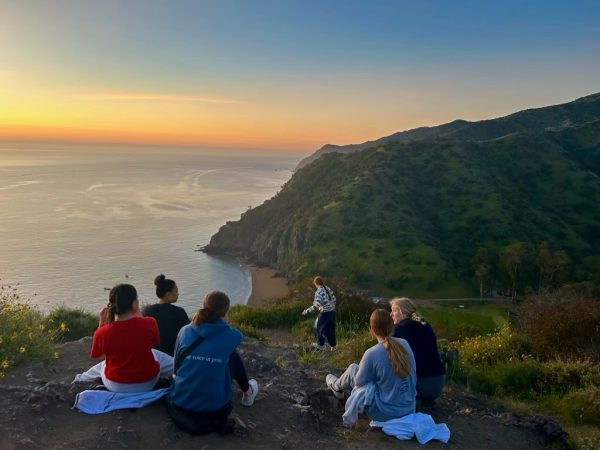
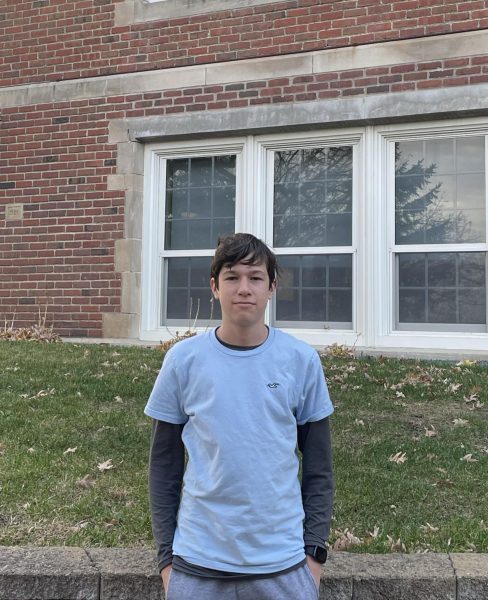
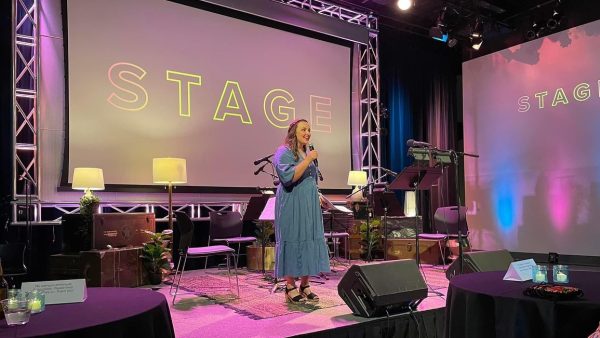


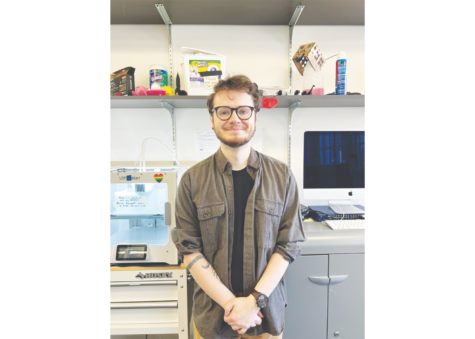
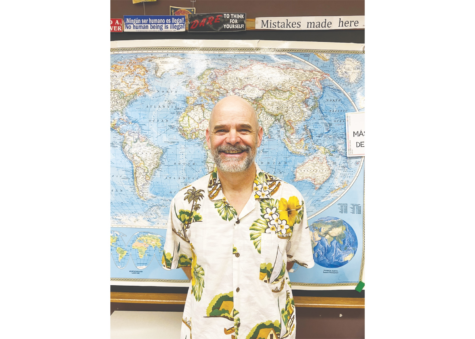
David Lazarus • May 25, 2015 at 7:09 pm
I remember Rod Anderson well. He was then, and still is I’m sure, a real gentleman. I attended Blake as a foreign student under the AFS program, and was in the graduating class of ’72. Whilst the images of 42 years ago are a little hazy, I recall the first time I met him, we were walking in the hallway outside Mr Eadie’s office and Brad Hanson introduced me to him, as Mr Anderson – the hockey coach. During my year at Blake I had many occasions to talk with Rod – he was always interested to learn about my experiences and impressions, at that time, of U.S. life.
I wish him well.
David Lazarus